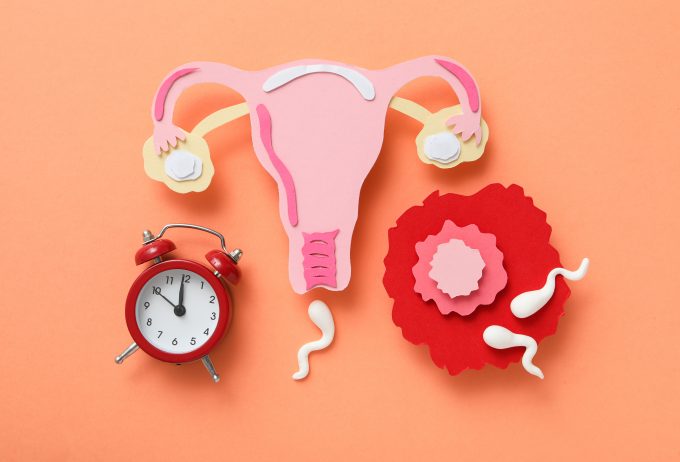Orgalutran
24.6.2022 · 1 min readingWhat is Orgalutran used for?
Orgalutran is used in both women undergoing infertility treatment and women receiving hormone stimulation. Its use prevents premature ovulation, which could cause immature eggs or eggs unsuitable for in vitro fertilization to be released.
How is Orgalutran administered?
This stimulating medicine is administered in the evening, and it must be administered at the same time every day. Take Orgalutran according to the stimulation protocol you received at our clinic.
Orgalutran is injected in the lower abdomen around the navel, so the patient must be properly instructed. Before injecting it, wash your hands and prepare the syringe with the medicine. Pinch the skin on your abdomen to form a small ‘fold’, into which you will insert the needle at a 90-degree angle. Disinfect the injection site and choose a different spot next time. Discard the used syringe and needle and use new ones for each injection.
How to store Orgalutran
Because Orgalutran needs to be protected against temperatures over 25 °C and light, we recommend storing it in the refrigerator in its original package.
What are the side effects of Orgalutran?
The most common side effect of this medicine is a skin reaction at the injection site, especially itching, redness, bruising or swelling.








